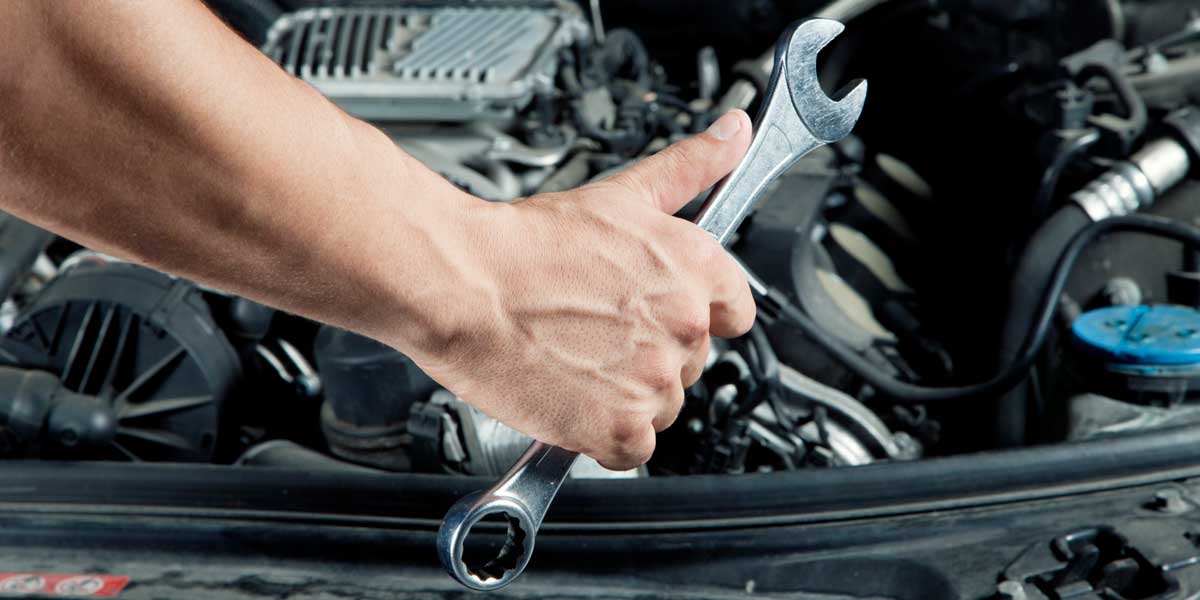All Categories
Featured
Your cars and truck's transmission is just one of its most important elements, straight influencing performance and drivability. Whether your vehicle is automated or hand-operated, the transmission guarantees that power from the engine is effectively moved to the wheels. Transmission issues can develop over time, leading to expensive fixings if not addressed early. Identifying the indication of transmission difficulty can help you act before the situation gets worse. Below's exactly how to determine those signs early.
![]()
![]()
Conclusion. Your car's transmission is essential for its overall performance, and recognizing the warning indications of transmission trouble early can help save you from costly repair services or also the need for a full transmission replacement. Routine upkeep, such as examining and altering the transmission liquid, can likewise aid stop concerns and prolong the life of your transmission.

- Unusual Sounds When Moving Gears. If you notice odd sounds, such as whining, grinding, or clunking, specifically when shifting gears, it's a red flag for transmission issues. These sounds might suggest that the gears are not meshing correctly, potentially due to filthy or low transmission fluid, damaged elements, or internal transmission damages. If these noises take place, it's necessary to have your transmission checked promptly to protect against further damages.
- Sliding Equipments. Sliding equipments take place when your automobile all of a sudden battles or alters gears to remain in equipment, usually accompanied by an unexpected loss of power. This can happen when driving at greater rates or while increasing, with the engine revving without a corresponding boost in speed. Sliding gears can be triggered by reduced transmission liquid, used clutches, or malfunctioning solenoids. Look for expert assistance as it can lead to additional transmission failing if left neglected. if you experience this.
- Postponed or Rough Shifting. It might show transmission issues if your cars and truck is reluctant before moving right into equipment or the changes really feel harsh and jerky. An effectively functioning transmission ought to shift smoothly and immediately. Postponed changing or harsh changes between gears might be a sign that there's a problem with the transmission fluid, a damaged component, or an internal malfunction. Getting a transmission inspection is very recommended. if you experience this symptom.

- Warning Lights on Your Control panel. Most modern autos are furnished with sophisticated sensors that keep track of the efficiency of crucial systems, consisting of the transmission. If there's a concern with your transmission, the "Inspect Engine" or "Transmission" light will likely light up on your dashboard. These warning lights signal that something is incorrect, and it's best to have the vehicle scanned for analysis difficulty codes. These codes can aid identify whether the issue lies within the transmission or one more part of the engine system.
- Burning Scent. A burning scent, especially when driving or after extensive periods when driving, is one more sign of transmission problems. This smell typically occurs when the transmission liquid overheats or burns due to being reduced, old, or polluted. Transmission fluid works as a lubricant, aiding to cool down the system and make sure smooth operation. When it melts, it can create interior damage to the transmission. If you notice this odor, draw over promptly and prevent driving up until the problem is attended to.
- Liquid Leakages Under the Automobile. Transmission liquid leakages are one of the most apparent signs of a transmission trouble. Low liquid degrees due to leakages can lead to poor transmission performance and also transmission failing if not attended to without delay.
- Poor Velocity or Hesitation. If you experience reluctance when trying to accelerate or discover a considerable delay in your car's response to pushing the gas pedal, maybe an indication that the transmission isn't appealing effectively. This problem may develop from damaged transmission components, reduced liquid, or interior damages to the system. Poor acceleration can considerably influence your driving experience, so it is essential to have this problem detected and repaired before it causes extra extreme issues.
- Unusual Vibrations. Unusual resonances while driving can indicate transmission concerns, particularly if they occur when the car is in equipment. These resonances might arise from damaged transmission places, an inner failing, or discrepancies in the transmission system. If the vibrations exist while the automobile is in gear but go away when you remain in neutral, it's time to have your transmission checked by a professional.
Conclusion. Your car's transmission is essential for its overall performance, and recognizing the warning indications of transmission trouble early can help save you from costly repair services or also the need for a full transmission replacement. Routine upkeep, such as examining and altering the transmission liquid, can likewise aid stop concerns and prolong the life of your transmission.
Latest Posts
Take Advantage of Special Auto Repair Deals in Chicago at Montclare Auto Repair
Published May 31, 25
1 min read
Check Out the Greatest Auto Repair Discounts in Montclare, Chicago
Published May 26, 25
1 min read
Find Out Why Chicago Drivers Select Montclare Auto Repair for Reliable Service and Huge Savings
Published May 25, 25
1 min read
More
Latest Posts
Take Advantage of Special Auto Repair Deals in Chicago at Montclare Auto Repair
Published May 31, 25
1 min read
Check Out the Greatest Auto Repair Discounts in Montclare, Chicago
Published May 26, 25
1 min read
Find Out Why Chicago Drivers Select Montclare Auto Repair for Reliable Service and Huge Savings
Published May 25, 25
1 min read